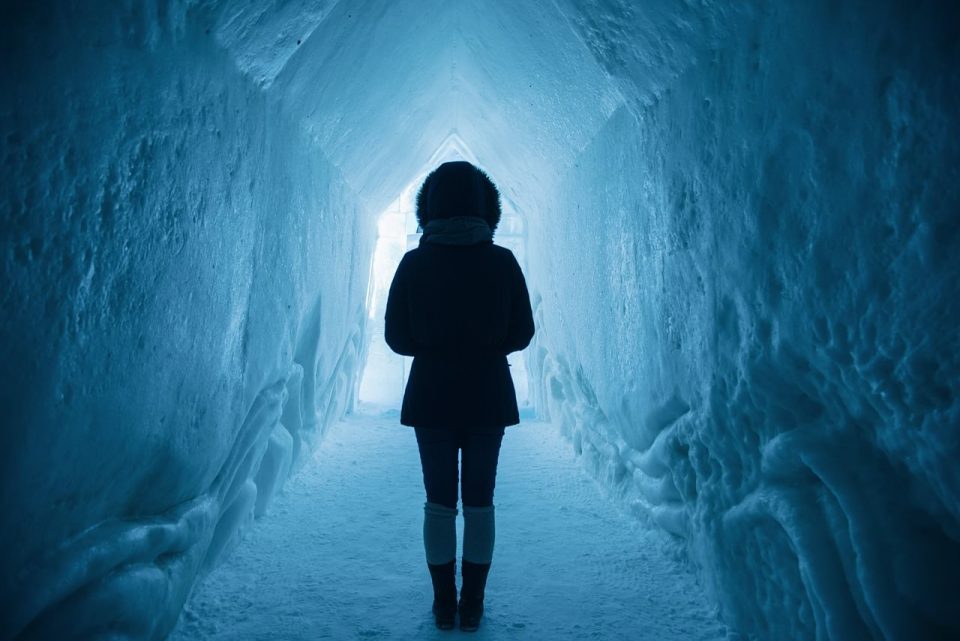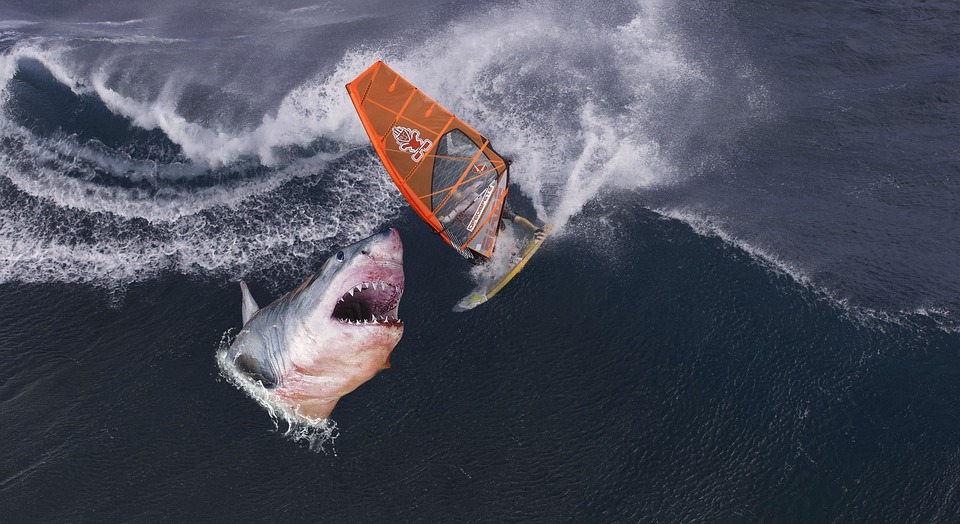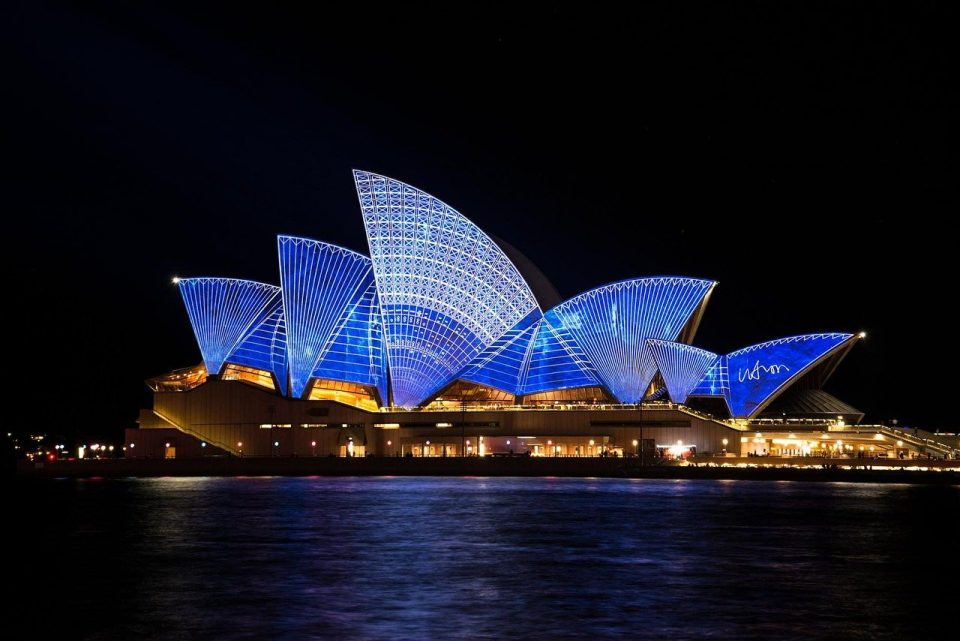1 – The Balkans: Nationalism, War, and the Great Powers, 1804-1999: Misha Glenny, 2001. In this book, Misha Glenny provides an insightful account of the tumultuous history of the Balkans from the early 19th century to the end of the 20th century. The book delves into the complex relationships between the various ethnic groups that inhabited the Balkans, including the Serbs, Croats, Albanians, Bulgarians, Greeks, and Turks. Glenny also explores the role of external powers such as Austria-Hungary, Russia, and the Ottoman Empire in shaping the region’s history. The book focuses on key events such as the Balkan Wars, World War I, the rise of communism, and the conflicts in Bosnia and Kosovo in the 1990s.
2 – The Balkans: A Short History: Mark Mazower, 2000. This book provides a concise overview of the history of the Balkans from the Byzantine Empire to the present day. Mark Mazower explores the complex relationships between the various ethnic groups that have inhabited the region, including the Greeks, Bulgarians, Serbs, Croats, Albanians, and Romanians. The book also delves into the role of external powers such as the Ottoman Empire, Austria-Hungary, and Russia in shaping the region’s history. The book is written in a clear and accessible style, making it an ideal introduction to the history of the Balkans.
3 – The Balkans Since the Second World War: R. J. Crampton, 2002. In this book, R. J. Crampton provides a detailed analysis of the history of the Balkans since the end of World War II. The book explores the impact of communism on the region and the collapse of the Soviet Union. Crampton also delves into the conflicts in Yugoslavia in the 1990s and the role of external powers such as the United States and NATO in resolving these conflicts. The book provides a nuanced understanding of the complex political and social issues that continue to shape the Balkans today.
4 – The Balkans: From Constantinople to Communism: Dennis Hupchick, 2002. This book provides a comprehensive overview of the history of the Balkans from the Byzantine Empire to the rise of communism in the 20th century. Dennis Hupchick explores the complex relationships between the various ethnic groups that inhabited the region, including the Serbs, Croats, Albanians, Bulgarians, and Greeks. The book also delves into the role of external powers such as the Ottoman Empire, Austria-Hungary, and Russia in shaping the region’s history. The book is well-researched and provides a detailed account of the key events that have shaped the Balkans over the centuries.
5 – The Balkans: Revolution, War, and Political Violence since 1878: Mark Biondich, 2011. In this book, Mark Biondich provides a detailed analysis of the history of political violence in the Balkans since the late 19th century. The book explores the role of nationalism, ethnicity, and religion in shaping the region’s history. Biondich also delves into key events such as the Balkan Wars, World War I, and the conflicts in Yugoslavia in the 1990s. The book provides a nuanced understanding of the complex political and social issues that continue to shape the Balkans today.
6 – The Balkans: A Post-Communist History: Robert Bideleux and Ian Jeffries, 2006. In this book, Robert Bideleux and Ian Jeffries provide a comprehensive overview of the history of the Balkans since the collapse of communism in the late 20th century. The book explores the impact of communism on the region and the challenges that emerged in the post-communist era. Bideleux and Jeffries also delve into key events such as the conflicts in Yugoslavia in the 1990s, the rise of nationalism, and the challenges of democratization and economic reform. The book provides a detailed account of the political, economic, and social issues that have shaped the Balkans in the post-communist era.
7 – The Balkan Trilogy: Olivia Manning, 1981. This novel is set in the years leading up to World War II and follows the lives of a British couple, Guy and Harriet Pringle, as they navigate the complexities of life in the Balkans. The novel explores the relationships between the various ethnic groups that inhabited the region, including the Romanians, Bulgarians, and Greeks. The Balkan Trilogy provides a fascinating insight into the social and cultural dynamics of the region in the years before World War II.
8 – Black Lamb and Grey Falcon: Rebecca West, 1941. This book is an epic travelogue that explores the history, culture, and politics of the Balkans in the years leading up to World War II. Rebecca West travelled extensively throughout the region and provides a detailed account of her experiences. The book explores the relationships between the various ethnic groups that inhabited the region, including the Serbs, Croats, Albanians, and Bulgarians. Black Lamb and Grey Falcon is a seminal work of travel literature and provides a unique perspective on the Balkans in the years before World War II.
9 – The Bridge on the Drina: Ivo Andric, 1945. This novel is set in the town of Visegrad in Bosnia and follows the lives of the various ethnic groups that inhabited the region over the centuries. The novel explores the complex relationships between the Serbs, Croats, and Muslims, and the impact of external powers such as the Ottoman Empire and Austria-Hungary on the region’s history. The Bridge on the Drina is a powerful exploration of the cultural and historical dynamics of the Balkans.
10 – Kosovo: A Short History: Noel Malcolm, 1998. In this book, Noel Malcolm provides a detailed account of the history of Kosovo, one of the most complex and contested regions in the Balkans. The book explores the relationships between the various ethnic groups that inhabit the region, including the Serbs, Albanians, and Roma. Malcolm also delves into the impact of external powers such as the Ottoman Empire, Austria-Hungary, and NATO on the region’s history. Kosovo: A Short History provides a nuanced understanding of the historical, political, and cultural issues that continue to shape Kosovo today.












